The first analyses of samples brought back from the asteroid Ryugu show that this space rock contains some of the molecules needed for life.



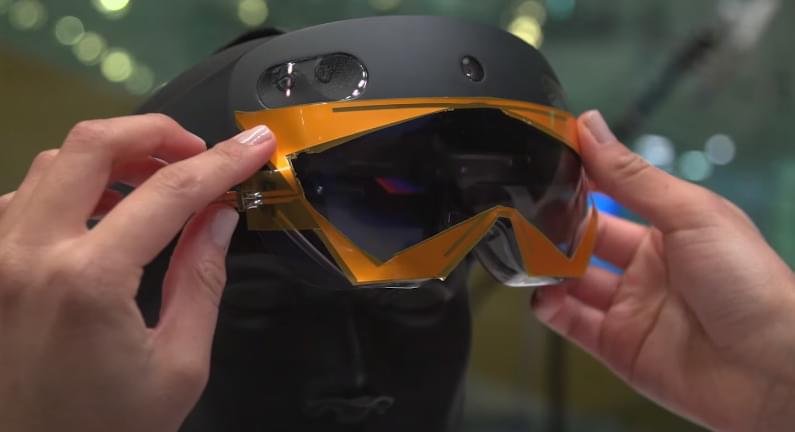

The United States Marshals Service (USMS) was hit with a ransomware attack the agency said in a statement. The incident occurred on February 17, and “officials determined that it constitutes a major incident,” according to an agency spokesperson.
Ransomware is a type of malware that locks up computer systems until a “ransom” is paid to unlock the system.
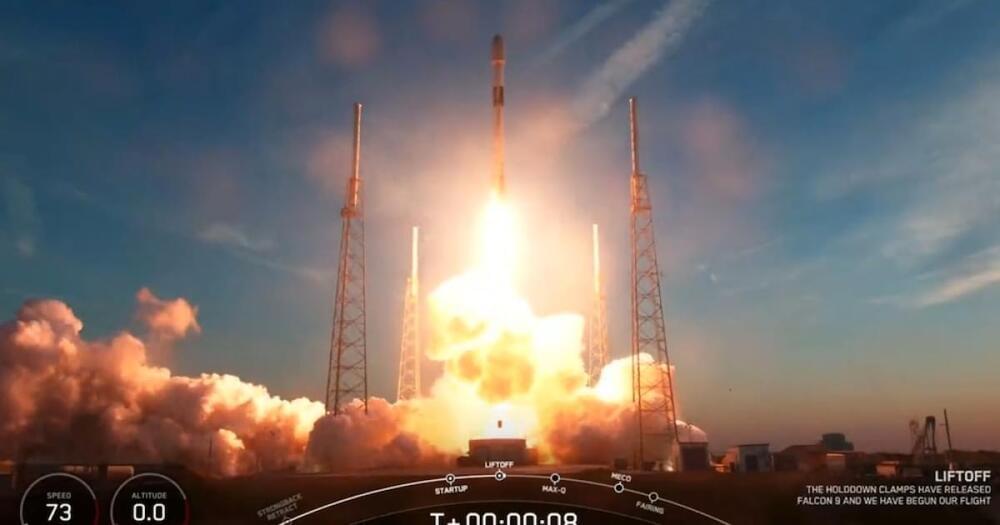
However, these ones are different to the several thousand Starlink satellites that are already circling Earth.
That’s because they sport a more modern and powerful design that gives them four times the capacity for serving customers compared to the original design, SpaceX said. So, yes, it means faster internet speeds for customers.
SpaceX chief Elon Musk confirmed the successful deployment of the new satellites in a tweet.

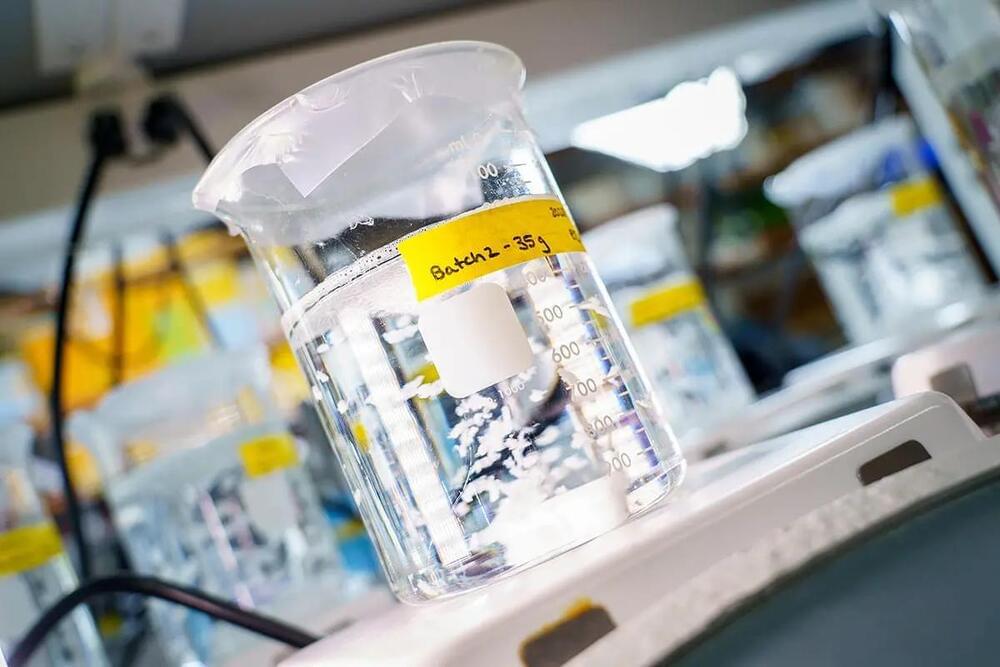
The substance can be administered via intravenous injection and holds the possibility of being used in the treatment of conditions such as heart attacks and traumatic brain injury, among others.
An innovative biomaterial has been developed that, when injected intravenously, reduces inflammation and stimulates cell and tissue repair. The efficacy of this biomaterial in treating heart attack-induced tissue damage was demonstrated through successful testing on both rodent and large animal models. The researchers also provided proof of concept, based on a rodent study, suggesting that the biomaterial may prove beneficial in the treatment of traumatic brain injury and pulmonary arterial hypertension.
“This biomaterial allows for treating damaged tissue from the inside out,” said Karen Christman, a professor of bioengineering at the University of California San Diego, and the lead researcher on the team that developed the material. “It’s a new approach to regenerative engineering.”
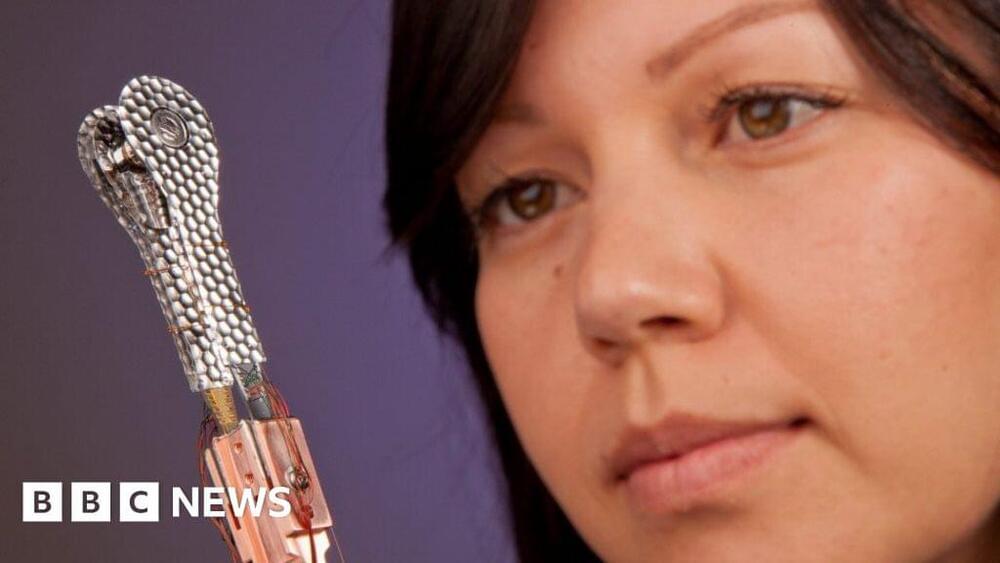
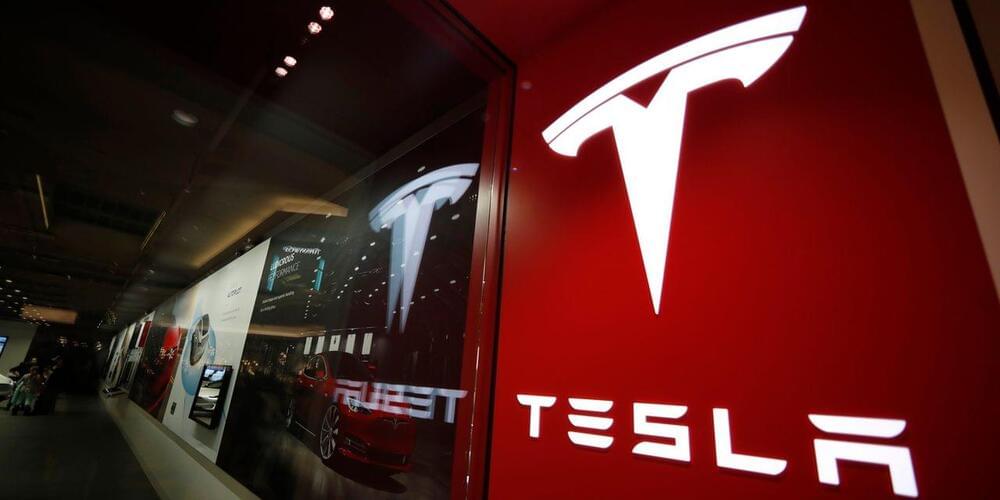
Electric-car maker Tesla Inc. plans to build a manufacturing plant in the northern Mexican industrial hub of Monterrey, President Andrés Manuel López Obrador said Tuesday.
Mr. López Obrador, who spoke several times in recent days with Tesla Chief Executive Elon Musk, added at his morning press conference that details of the investment would be made known Wednesday.
